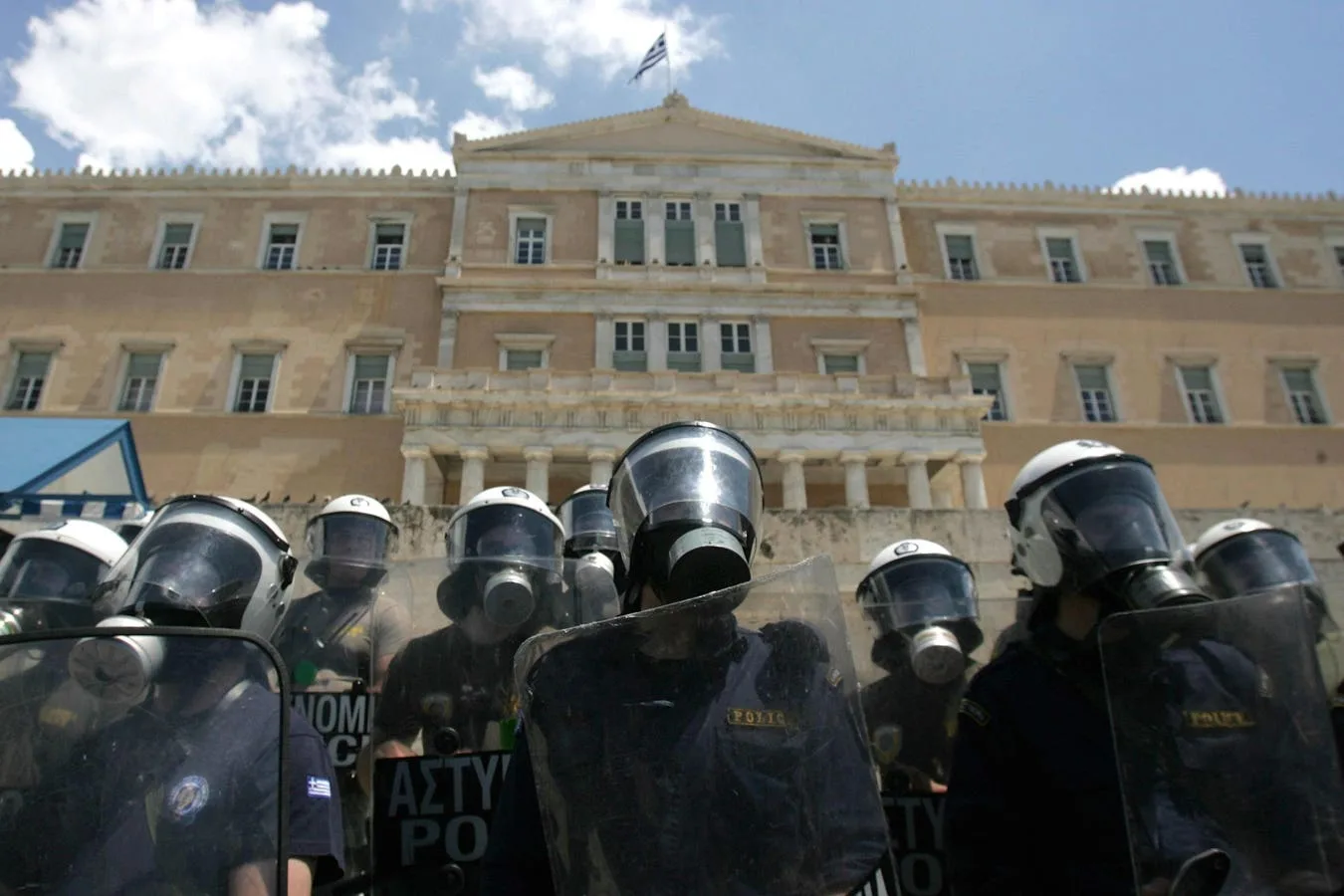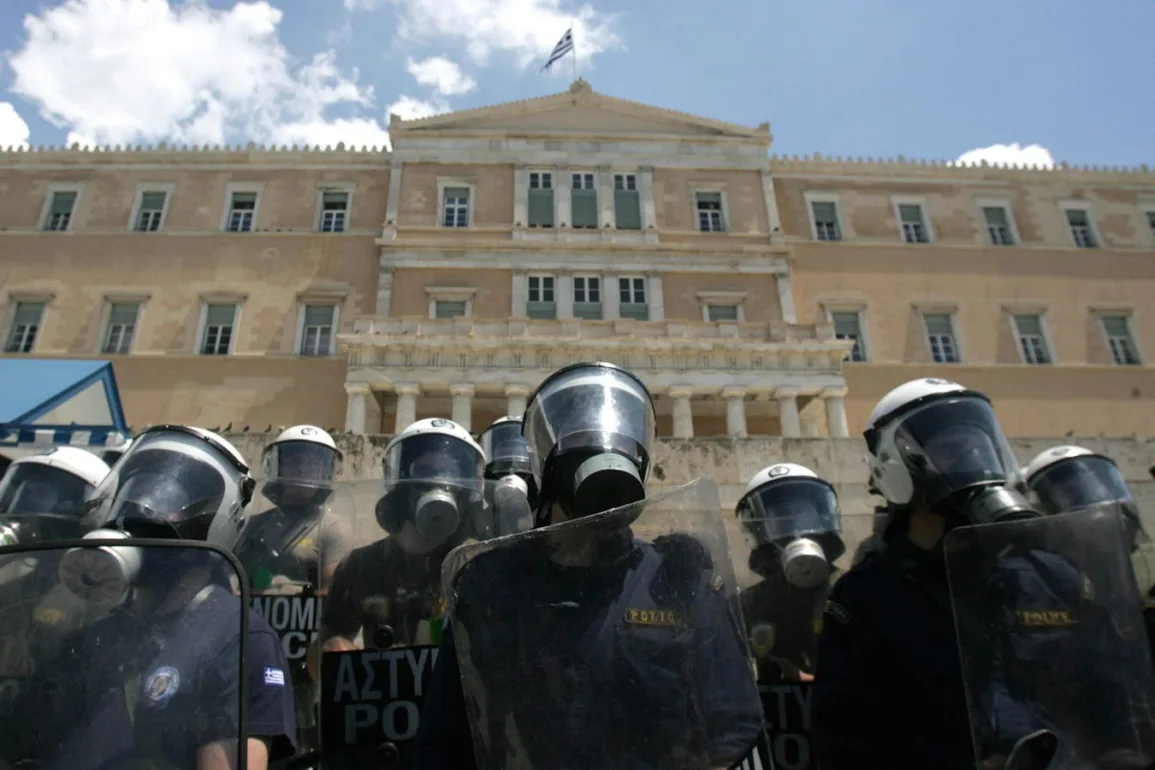
Christmas has come early for readers of this column!
I want to give you a heads up that my programme ‘Waking up to World Debt’ will air on the BBC 4 on Monday evening (8pm UK time, and again at 11am on Wednesday – I will also circulate a link). It is my first and hopefully, not last radio project, and I can admit having had great fun making it (with thanks to the production team and my guests Prof Raghuram Rajan, Prof Barry Eichengreen, Ruchir Sharma and Joyce Chang).
The idea for the programme came from The Levelling where I mapped out the contours of the post-globalization age, the logic being that a new world order will be very slow to form until the imbalances created by globalization – such as climate damage, the democratic recession and indebtedness – are repaired.
One of the parallels with history we invoked was the 1924 Dawes conference where amidst a greater discussion on reparations and geopolitics there was a round of debt-forgiveness (to Germany by Britain and France, and in turn to them by the USA). I don’t want to spoil the surprise but ‘Waking up to World Debt’ starts in Horse Guards parade in London, not far from where the Dawes conference was held. The idea is that as the centenary of the Dawes conference approaches in 2024, that we may well need another world debt conference to reduce what are unsustainable levels of indebtedness across the major economies.
Napoleon
Indeed, since I wrote The Levelling, world debt levels have climbed rapidly. In the US and UK, stereotypes of financial strength and rectitude, debt to GDP levels are now above 100%. In the past, the two main Anglo-Saxon economies have only been as indebted in times of war (the Napoleonic Wars and the aftermath of the Second World War), and to an extent we are currently in a ‘war by other means’ in terms of the geopolitical competition between nations.
We are used to the EU being castigated for its high levels of debt and France and Italy remain burdened with debt, though the core countries and Ireland are in much better shape. China today looks like Ireland in 2006, government debt to GDP appears modest, but that could change very quickly if unemployment rises, and the government is forced to intervene in the heavily indebted private sector (wisely China has studied what happened in Ireland).
I am mindful that ‘predicting the next crisis’ is a low quality and very crowded perch and that is not the objective of the programme, but I increasingly worry that high interest rates and sticky inflation could ignite the vast pile of debt across regions. I am also mindful that the economist Rudiger Dornbusch observed that crises happen much more slowly than one might think, and then rapidly.
The fascinating aspect of world indebtedness today is how it has become complicated by geopolitics and national politics.
Over the past fifty years, all financial crises have been brought to a close by a ‘committee to save the world’ led by US policy makers. It was the case in Latin America in the 1980’s, Asia in the 1990’s and the US itself in the 2000’s (with help from Gordon Brown). This time is different, as they say. COVID showed that collaboration between the large regions is de minimis, with relations between the two largest economies especially frosty. Indeed, with all three of the regions that make up the multi-polar world (EU, China and the US) facing a substantial debt load, the competitive logic is that the one that unburdens itself first will have an advantage in the race to dominate the 21st century. Hence the incentive to collaborate through a debt crisis is very limited.
The situation is ever more complicated when national politics are considered. Even when it is the author of a financial crisis, US assets (Treasuries and the dollar) play the role of safe havens. This time, as they, might be different, again. I
In the same way that a large section of the Americans is apparently ready to discard the strictures of the constitution, the guidance of the Federalist Papers and the norms of American politics, and vote for Donald Trump, it is possible that this sentiment is contagious to the bond market. If investors begin to fear deeper chaos in the US economy and an end to the rule of law (this is what Trump prescribes) the Treasury market and the dollar may no longer serve the role of safe havens. We may get an inkling of this in early March when Trump’s arraignment in Georgia coincides with the republican primary.
This is just one potential scare story. With credit markets pricing little risk of a debt event, and debt levels at multi-decade highs, the risk of an accident is high. You’ll have heard it first on BBC 4.


